
The Rhode Island Department of Health has issued a consumer alert regarding deli sliced meat and cheese sold at a local Stop & Shop due to potential Listeria contamination.

The Rhode Island Department of Health has issued a consumer alert regarding deli sliced meat and cheese sold at a local Stop & Shop due to potential Listeria contamination.
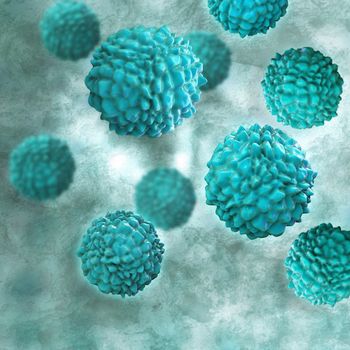
Following an outbreak of norovirus in Pyeongchang ahead of the Winter Olympics, health officials are taking steps to stem the outbreak and keep attendees healthy.

In case you missed them, we've compiled the top five infectious disease articles from this past week.

In case you missed them, we've compiled a list of the latest US Food and Drug Administration (FDA) recalls posted this week.

The CDC’s acting director provides a somber flu update and stresses the need to stay vigilant against the virus.
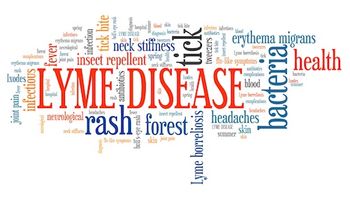
A small portion of individuals with Lyme disease continue to have symptoms of arthritis long after treatment. Now, scientists think they have a better understanding of the cause of that lingering reaction.

Despite a new report indicating that the flu vaccine hasn’t been very effective in North America this year, health officials say it’s still a valuable weapon against this severe flu season.
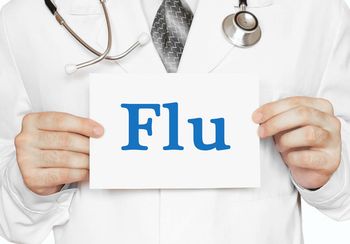
CDC experts provide a flu update for clinicians via a COCA webinar.

The CDC’s ACIP voted to approve updated adult immunization schedule recommendations for adults aged 19 years or older.

The FDA approves Symfi Lo Tablets for the treatment of HIV-1 in adult and pediatric patients who weigh at least 35 kg.

Ideally, every individual with HIV would be able to receive ART in a timely fashion, but in resource-limited communities, it’s crucial to prioritize those who will most benefit.

The recent announcement that e-retailing giant Amazon, investment bank JP Morgan Chase, and multinational holding company Berkshire Hathaway are starting a health insurance company has incited mixed emotions among public health professionals.

Gilead Sciences, Inc.'s Biktarvy has been approved by the FDA for the treatment of those with HIV-1.

Grifols receives approval from the FDA for a new higher potency formulation of HyperRAB rabies immune globulin for rabies post-exposure prophylaxis.
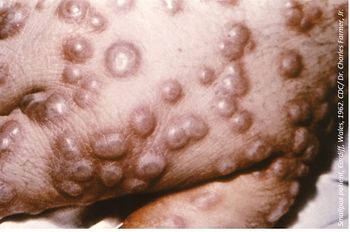
Should SIGA's drug be approved, it will be the first treatment available for the deadly disease.

The FDA grants Mesa Biotech Inc.'s Accula Flu A/Flu B test 510(k) clearance and CLIA waiver.
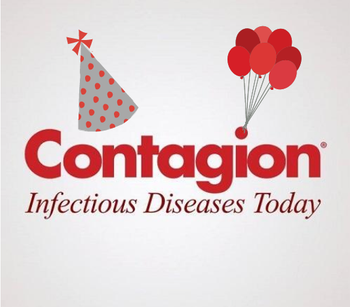
Contagion® celebrates its second year this month amid celebrations of bringing in its highest readership traffic to-date.

Researchers from the Wellcome Sanger Institute and collaborators find that a multidrug-resistant strain of malaria spread throughout Cambodia 5 years before clinical resistance was even reported.

Researchers from UT Health San Antonio find that exposing the gut to chlamydia protects against subsequent infection in the genital tract as well as other tissues.

A second hospital finds that the combination of a mechanical initial specimen diversion device (ISDD) and staff education resulted in about a decrease in the contamination of blood cultures.

An accredited dentist suggests that practiced care for the mouth and teeth could potentially help individuals during flu season.

The broad-spectrum investigational antibiotic has been developed for the treatment of community-acquired bacterial pneumonia and acute bacterial skin and skin structure infections.

Superbugs resistant to colistin – a last-resort antibiotic – may have a new foe in octapeptins, antibiotics discovered decades ago that recently have been found to be effective against multidrug-resistant gram-negative bacteria.

The vaccine candidate is ASP0113, which was in development to treat and prevent cytomegalovirus (CMV) in hematopoietic stem cell transplant recipients.

The Cystic Fibrosis Foundation has awarded Motif Bio with $120,000 that will fund in vitro testing for the development of iclaprim to benefit patients with cystic fibrosis who have lung infections.

Stay up-to-date on the latest infectious disease news by checking out our top 5 articles of the week.

At one of the worst times, as hospitals are already over capacity with more influenza patients than ever before, the United States is battling an IV bag shortage.

In case you missed them, we've compiled a list of the latest US Food and Drug Administration (FDA) recalls posted this week.

The FDA has approved Allergan's sNDA to expand the approved use of AVYCAZ (ceftazidime and avibactam), to include the treatment of hospital-acquired bacterial pneumonia and ventilator-associated bacterial pneumonia (HABP/VABP) caused by certain susceptible Gram-negative microorganisms.

The World Health Organization (WHO) released its first report on antibiotic resistance surveillance data.